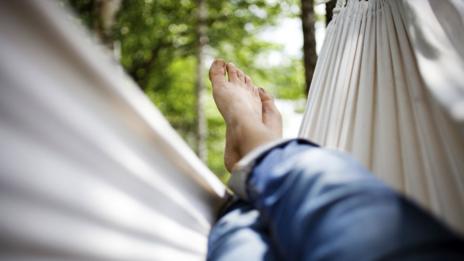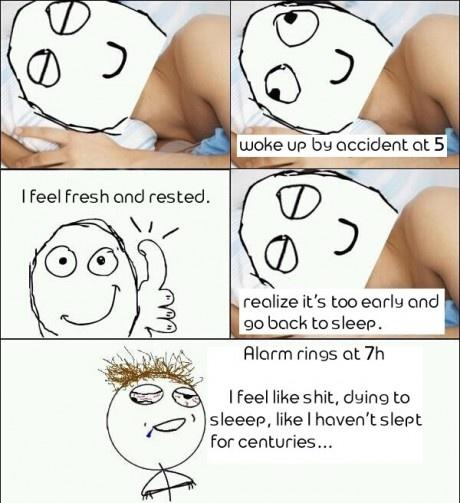Researchers found something relevant to people with depression while working on something else (original article at Independent.co.uk, tnx Andrew for the link).
In a nutshell, what they found was that people with severe depression had their body clock out of whack: they were essentially living in a different timezone. I don’t think it’s actually news to us, I wrote about this and it being the equivalent of jetlag in the BlueHackers HowTo. But, I do think it’s interesting in the sense that at least in the cases the researchers encountered, for people with severe depression there was a genetic cause. We like to know why things are the way they are, so this new info can help in that respect.
Modern life, in particular with the type of work many of us do, makes it really easy to stuff up your day and night rhythm, and also your eating pattern which is actually related to this as well. Getting your day/night, daylight and food intake patterns right is generally a very important base. Not for everybody, but I think definitely for most of us. And while some of these things might still be hard for some, they’re relatively easy steps compared to others. It’s worth a try and they’re also specifically things you can get external help with – you can get a friend to come by for a walk at a specific time of day, or go get a meal.
Once the new pattern is trained (can take up to three months but often it’s much sooner) you’ll find it much easier to stick to, and also that other tasks become easier.
Mind you, I’m very aware that this is still easier said than done – I have my own company arranged in such a way that it doesn’t create nasty work hours, but I also have a family and thus in the mayhem (or even just because of the weather) I sometimes lose (some of) the pattern for a while. But, I’m now aware of it and that does make a difference already – it’s easier to fix. Typically my food pattern stays ok, but the morning walk loses out (by the way, it may be an afternoon walk that works best for you).
Do you know what’s messed with my morning walk lately? The city council has closed off a footbridge crossing a creek (storm damage), and that was the only way through in that particular direction. I can create other walking loops but they’re less convenient for several reasons – I’ve walked some but it feels less comfortable. I’m generally ok with change but it’s funny how this is just very disruptive!
How do day/night, exercise and food patterns work for you, and how have you tweaked them to work better for you? Please tell, it will help others.
Kung Fu Wonder Woman’s
rastreamento correios Fast Fashion Paired with Distinctive Designer Accessories
zuoan layout ltd
xnxxCasual Attire for Men in Weddings


 Studies show that the length of sleep is not what causes us to be refreshed upon waking. The key factor is the number of complete sleep cycles we enjoy. Each sleep cycle contains five distinct phases, which exhibit different brain- wave patterns.
Studies show that the length of sleep is not what causes us to be refreshed upon waking. The key factor is the number of complete sleep cycles we enjoy. Each sleep cycle contains five distinct phases, which exhibit different brain- wave patterns.